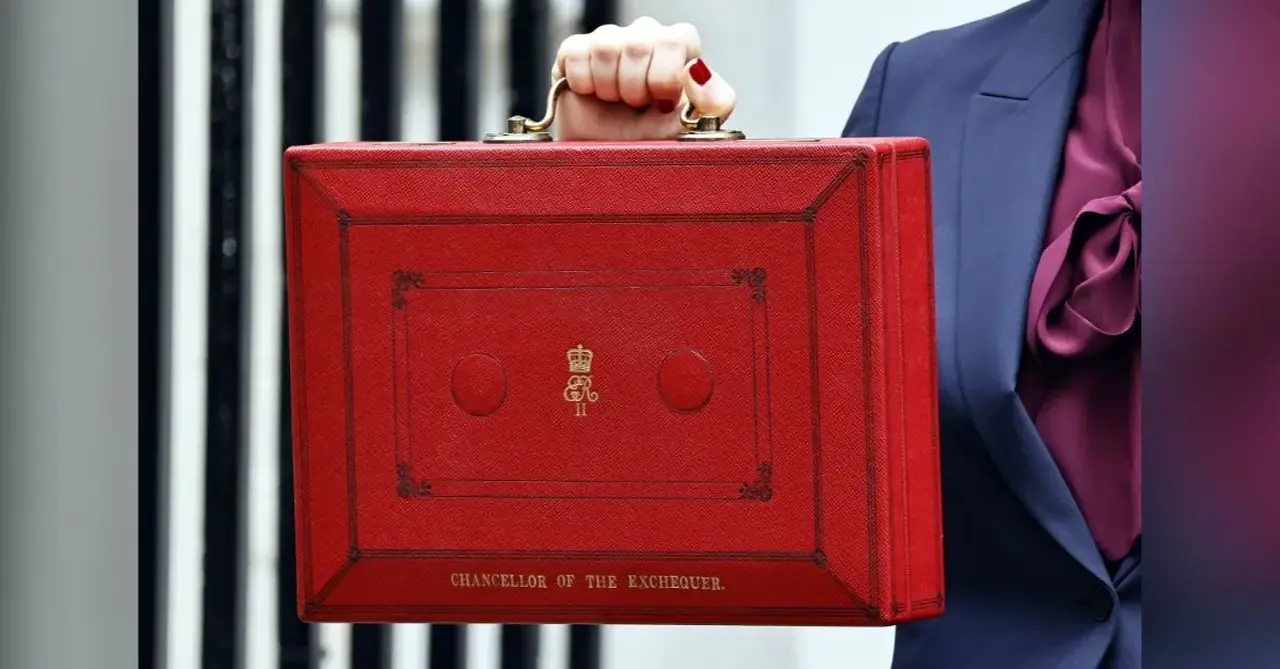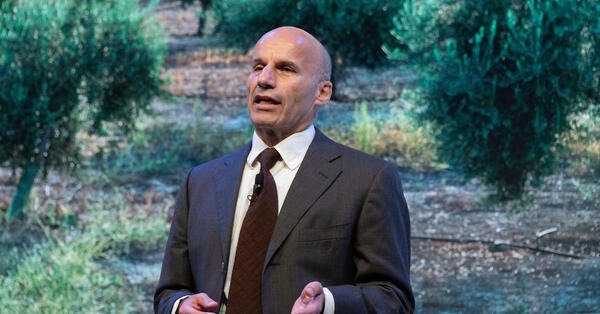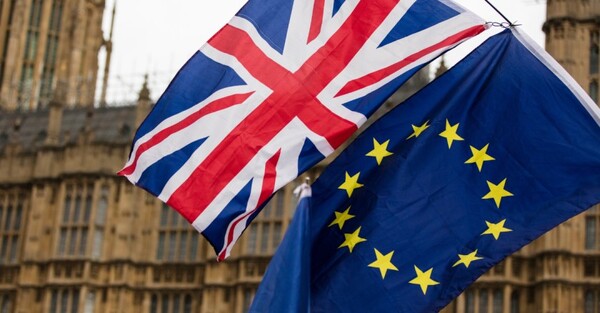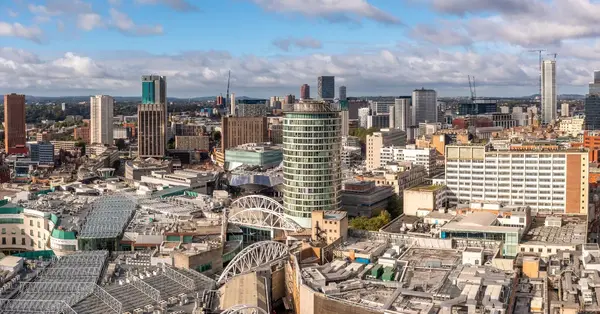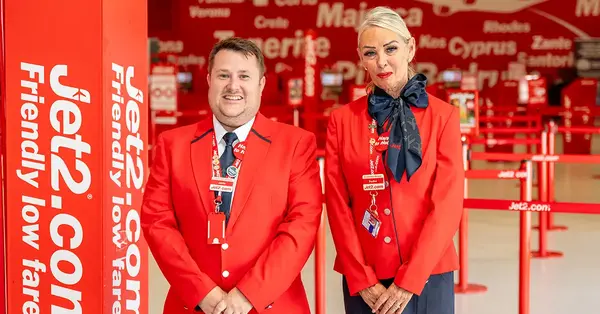You are viewing 1 of your 2 free articles
Chancellor confirms tax rises after budget details released early
Chancellor Rachel Reeves has confirmed in her Budget today (November 26) that the thresholds at which people pay income tax will remain frozen until the end of the 2030-31 financial year.
Details of her tax and spending plans were released early by the Office for Budget Responsibility (OBR) which apologised after it unexpectedly published its growth forecast – which revealed millions will pay more tax and the two-child benefit cap will be lifted, said the BBC.
The OBR said the Budget will raise taxes by £26 billion by 2029-30 and brings the tax take to an all-time high of 38% of GDP in 2030-31.
Other measures leaked before the Budget include a freeze on employer National Insurance contributions thresholds for three years from 2028-29 and a tax on salary-sacrificed pensions contributions above £2,000.
The tax rates on dividends, property and savings income will increase by two percentage points.
Apprenticeships funding for under-25s will be free for small and medium sized enterprises.
Speaking about other measures for young people, she added: “I am funding our new Youth Guarantee – providing £820 million over the next three years to give the young people who were let down by the Conservatives the support and opportunity they deserve, guaranteeing every young person a place in college, an apprenticeship or personalised job support, and, after 18 months, 18- to 21-year-olds will be offered paid work instead of benefits.”
Looking at the high street, the government will introduce "permanently lower tax rates" for more than 750,000 retail, hospitality and leisure properties, Reeves said.
The move will be funded through higher rates on properties worth £500,000 or more, such as warehouses used by online retail giants.
The government said it is maintaining the lowest corporation tax rate in the G7 (25%) and introducing targeted reliefs for SMEs and high street firms, “ensuring the system is fair and supports local businesses”.
For electric vehicles, a new mileage-based charge on battery electric and plug-in hybrid cars will be introduced from 2028.
There will be a “mansion tax” – a council tax surcharge on properties worth more than £2 million.
A freeze to fuel duty will be in place for a further five months, followed by staged increases from 2026.
The GDP is forecast to grow by 1.5% in 2025, above the 1% figure expected earlier this year.
But from then on, the outlook is downgraded from what the OBR projected in March.
In 2026, the economy is now expected to expand by 1.4%, below a previous forecast of 1.9%.
For 2027, GDP is estimated to expand by 1.6% against March’s estimate of 1.8%.
The government confirmed on Tuesday afternoon that it will give local mayors powers to levy a tax on overnight stays and to invest the returns in local transport, infrastructure and the visitor economy.
Reeves had already announced several pre-Budget measures to hold down household bills, including a freeze on rail fares and prescription charges.
More to follow.

